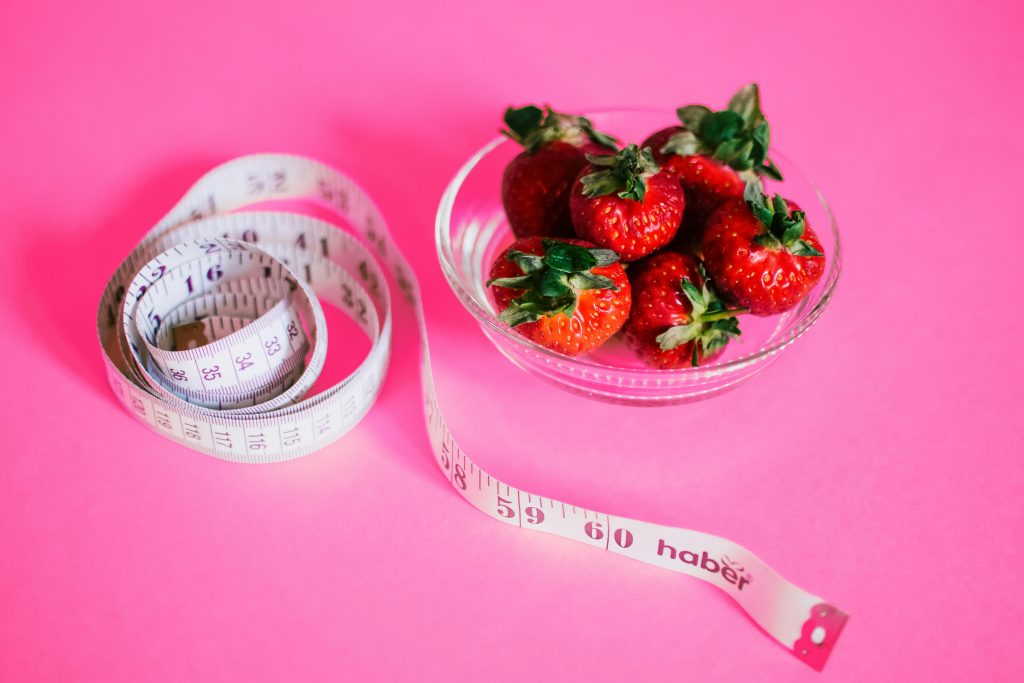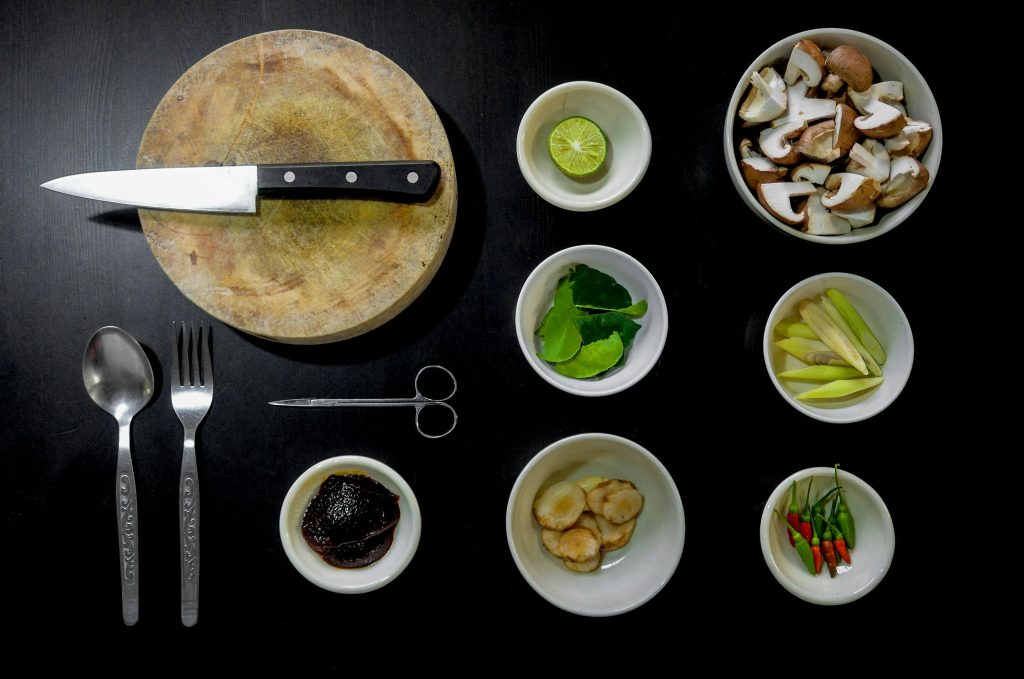The Truth About Diets: If You Can’t Do It Forever, Don’t Even Start
Diets… They come in all shapes, sizes, and levels of absurdity. There’s the “no carbs ever again” diet, the “only eat grapefruits” diet, and let’s not forget the “drink this magical potion, lose 10 pounds in 3 days” plan. The world of dieting is full of promises, but there’s a simple, often-overlooked question you should ask yourself before jumping on the latest trend: Can I really eat like this forever?
If your answer is “no,” then here’s a little tough love: don’t even start.
Now, this might sound counterintuitive. After all, diets are supposed to be temporary, right? A short-term fix to drop a few pounds, get back on track, and then go back to your usual habits. But that’s exactly the problem. If your diet isn’t sustainable in the long run, it’s not going to deliver long-lasting results.
In this blog post, we’re going to dive deep into why most diets fail, the dangers of “quick fix” diets, and how you can approach healthy eating in a way that’s actually sustainable (and not a punishment). Spoiler alert: it doesn’t involve starving yourself or giving up your favorite foods forever.

The Diet Cycle: Why Most Diets Fail
Let’s start by addressing the elephant in the room: the dieting cycle. It goes something like this:
- You feel unhappy with your weight or health, so you decide to start a diet.
- The diet works for a little while. You lose some weight, maybe even feel great for a bit.
- But the diet is restrictive. You start craving the foods you’ve banned, and eventually, you give in.
- You feel guilty for “failing” and go back to your old eating habits.
- You gain the weight back (and sometimes more), and the cycle starts again.
Sound familiar?
This is the reality of most diets. They are set up for failure because they are often too restrictive, unrealistic, or difficult to maintain in the long run. The very premise of a diet—something temporary to achieve a permanent result—sets you up for disappointment.
If you’re going to embark on a new way of eating, it needs to be something you can live with forever. If your current plan involves cutting out entire food groups or drastically reducing calories, ask yourself: Could I do this for the next five, ten, twenty years? If the answer is no, you’re not going to stick to it, and the cycle will continue.

Why “Quick Fix” Diets Are a Recipe for Disaster
We live in a culture of instant gratification, so it’s no wonder that many of us are drawn to diets that promise fast results. Lose 10 pounds in a week! Fit into your favorite jeans in three days! While these claims might sound tempting, they come with some serious downsides.
Here’s why “quick fix” diets are problematic:
- They Often Involve Extreme Calorie Restriction: Many quick fix diets drastically cut your caloric intake. Sure, this might cause you to lose weight initially, but it’s not sustainable. Your body needs energy to function, and cutting too many calories can leave you feeling tired, irritable, and more likely to binge later on.
- You Lose Water Weight, Not Fat: A lot of the initial weight loss on these diets comes from water weight, not fat. As soon as you go back to eating normally, the water weight comes back, and so do the pounds.
- They Don’t Teach Healthy Habits: Quick fix diets don’t teach you anything about long-term healthy eating. They focus on short-term restriction instead of sustainable changes. Once the diet is over, you’re left with the same habits that caused weight gain in the first place.
- They Can Mess with Your Metabolism: Your body is smart. When you drastically cut calories or nutrients, your metabolism can slow down as it tries to conserve energy. Over time, this makes it harder to lose weight and easier to gain it back.
Simply put, quick fix diets don’t work because they don’t address the root cause of unhealthy eating habits. They focus on temporary changes, but for lasting results, you need a lifestyle shift, not a short-term solution.

The Importance of Sustainable Eating
Let’s be clear: healthy eating isn’t about depriving yourself or following a set of rigid rules. It’s about finding a balanced approach that works for you in the long term. That means choosing foods that nourish your body, but also allowing for flexibility and enjoyment.
Here are a few key principles to keep in mind when creating a sustainable eating plan:
- Balance Is Key: A healthy diet includes a variety of foods from all the major food groups: fruits, vegetables, whole grains, proteins, and fats. Instead of focusing on what you can’t have, focus on incorporating more nutrient-dense foods into your diet.
- Make Small Changes: Instead of overhauling your entire diet overnight, make small, gradual changes that you can stick with. For example, if you currently eat takeout three times a week, start by cutting back to two and cooking at home more. Over time, these small changes will add up to big results.
- Allow for Flexibility: One of the main reasons people fail on diets is because they are too rigid. If you love chocolate, there’s no reason to cut it out of your life forever. Instead, find a way to enjoy it in moderation. The key is to create a way of eating that you can sustain for the long haul, and that includes leaving room for your favorite treats.
- Listen to Your Body: Diet culture often teaches us to ignore our body’s signals, but listening to hunger and fullness cues is an essential part of maintaining a healthy weight. Pay attention to how different foods make you feel and aim to eat in a way that leaves you feeling energized and satisfied.
- Find Movement You Enjoy: While this post is primarily about food, it’s worth mentioning that exercise is an important part of a healthy lifestyle. But, just like with your diet, it’s important to find a form of movement that you enjoy and can stick with. If you hate running, don’t force yourself to run every day. Try dancing, hiking, swimming, or whatever else gets you moving in a way that feels good.

Why You Need to Think Long-Term
The main reason you should avoid diets you can’t sustain forever is because they are destined to fail in the long term. If your diet feels like punishment or deprivation, you’re not going to stick with it. And when you inevitably “fall off the wagon,” you’re likely to gain back the weight you lost (and sometimes more).
But when you approach healthy eating as a lifestyle, rather than a temporary fix, everything changes. You start to see food as nourishment rather than the enemy. You stop obsessing over the number on the scale and start focusing on how you feel. You allow yourself to enjoy your favorite foods without guilt because you know they fit into your overall healthy lifestyle.
The goal shouldn’t be to lose weight as fast as possible. Instead, it should be to create a way of eating that supports your physical and mental health for the long term. That means making changes that are sustainable, not extreme.

What Does a Sustainable Diet Look Like?
If the idea of giving up restrictive diets sounds appealing, you’re probably wondering: What does a sustainable diet actually look like?
The truth is, there’s no one-size-fits-all answer. The best diet is the one that works for you, your lifestyle, and your unique needs. That said, here are a few characteristics of sustainable, healthy eating:
- It’s Flexible: A sustainable diet allows for a wide variety of foods, including your favorite indulgences. There’s no “bad” or “off-limits” food.
- It Prioritizes Nutrient-Dense Foods: While no food is off-limits, a sustainable diet focuses on nutrient-dense foods that provide your body with the vitamins, minerals, and energy it needs to thrive. Think whole grains, lean proteins, healthy fats, fruits, and vegetables.
- It’s Realistic: A sustainable diet is one you can stick to, even when life gets busy. That means meal prepping when you can, but also being able to enjoy a restaurant meal without feeling guilty.
- It’s Enjoyable: Food is meant to be enjoyed! A sustainable diet includes foods you love and allows you to enjoy eating without stress or guilt.

Conclusion: If You Can’t Do It Forever, Don’t Even Start
In a world full of fad diets and quick fixes, it can be tempting to try the latest trendy plan. But before you jump on the bandwagon, ask yourself: Can I eat like this forever? If the answer is no, it’s not the right approach.
True, lasting change comes from creating a way of eating that you enjoy and can sustain for life. That doesn’t mean never having dessert or following a strict set of rules. It means making balanced choices, listening to your body, and finding what works for you. When you focus on long-term, sustainable habits, you’ll not only see results—you’ll keep them.
So, the next time you’re tempted to start a diet that promises fast results, remember: if you can’t do it forever, don’t even start. Your future self will thank you!

💬 Join the Bariradka Transformation Support group on Telegram!
Get exclusive tips, behind-the-scenes content, and chat directly with the author.
➤ Join the Community

